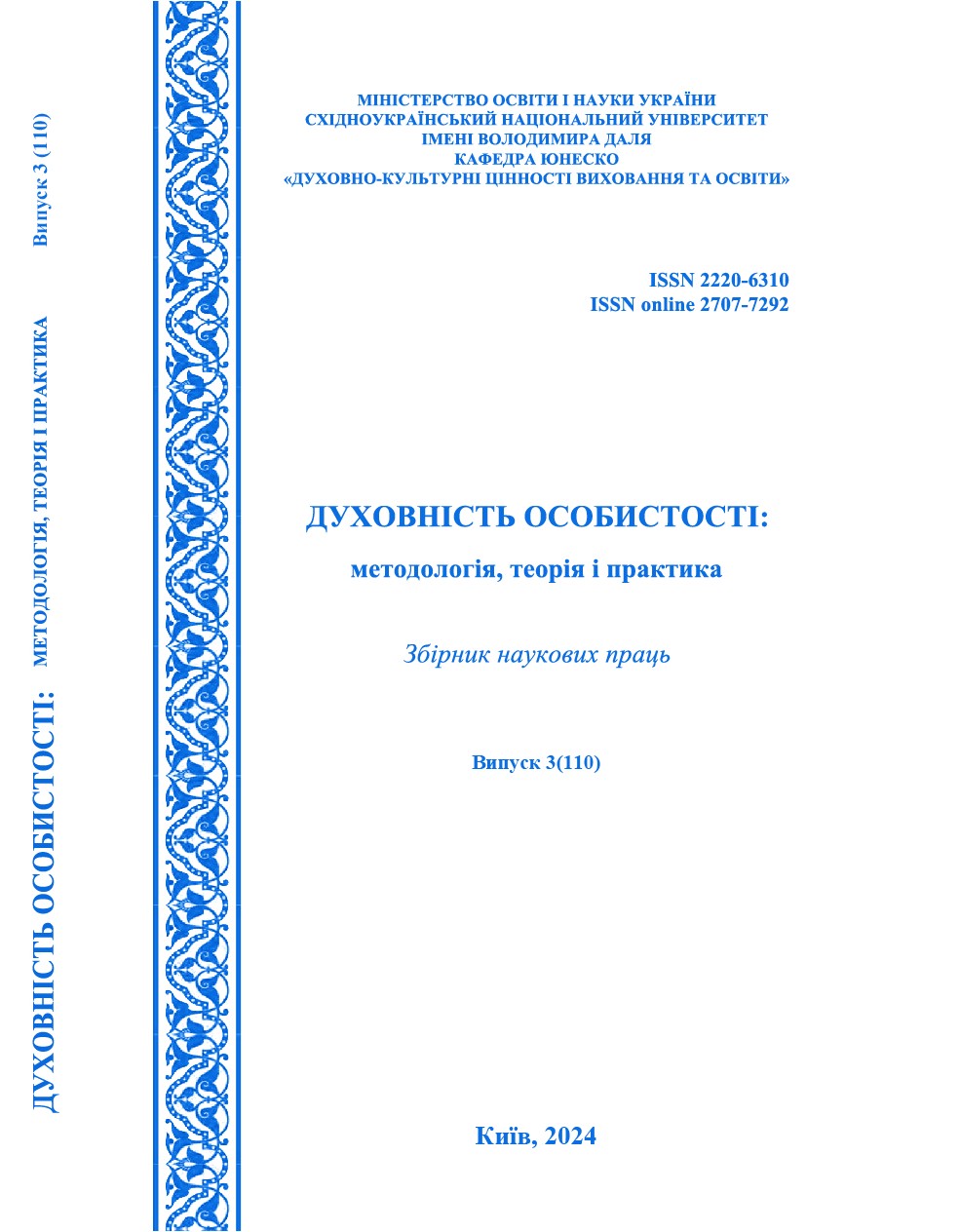The term field of inclusive education in its regulatory and legal support
DOI:
https://doi.org/10.33216/2220-6310/2024-110-3-28-34Keywords:
inclusive education, inclusive resource center, inclusive educational environment, person with disabilities, person with a disability, child with a disabilityAbstract
In order to fulfill the tasks of the second, analytical and synthetic, stage of the applied scientific research «Information and Analytical Support of Education and Pedagogy: Domestic and Foreign Experience» (2023-2025), the Department of Scientific Information and Analytical Support of Education of the V.O. Sukhomlynskyi National Library of Ukraine analyzed the scientific achievements of Ukrainian researchers on the components of the inclusive education terminology in its regulatory and legal support. The article aims to familiarize the educational community with the fundamental terms of inclusive education in the current legislation in order to form a humane attitude towards the participants of the inclusive educational process.
The author notes that inclusive education should be based on teachers’ understanding of inclusion as a core value of a democratic society, fostering tolerance, changing attitudes towards people with special needs, and acquiring the necessary professional competencies to work effectively in an inclusive environment. It is emphasized that the Ministry of Justice of Ukraine, in order not to violate people’s rights, in particular by forming and deepening negative stereotypes, proposes to use terms correctly, in particular to speak about and address people with disabilities in the correct way, namely to take it for granted and use such terms as: «a person with a disability»; «a person with physical/sensory/mental/intellectual/mental disabilities»; «a person with musculoskeletal disorders; a person with motor function disorders». It has been found that such work can only be carried out in the aura of spirituality of Ukrainian society, which is needed by both providers and recipients of inclusive services. In the future, we consider it expedient to study foreign experience in this context.

